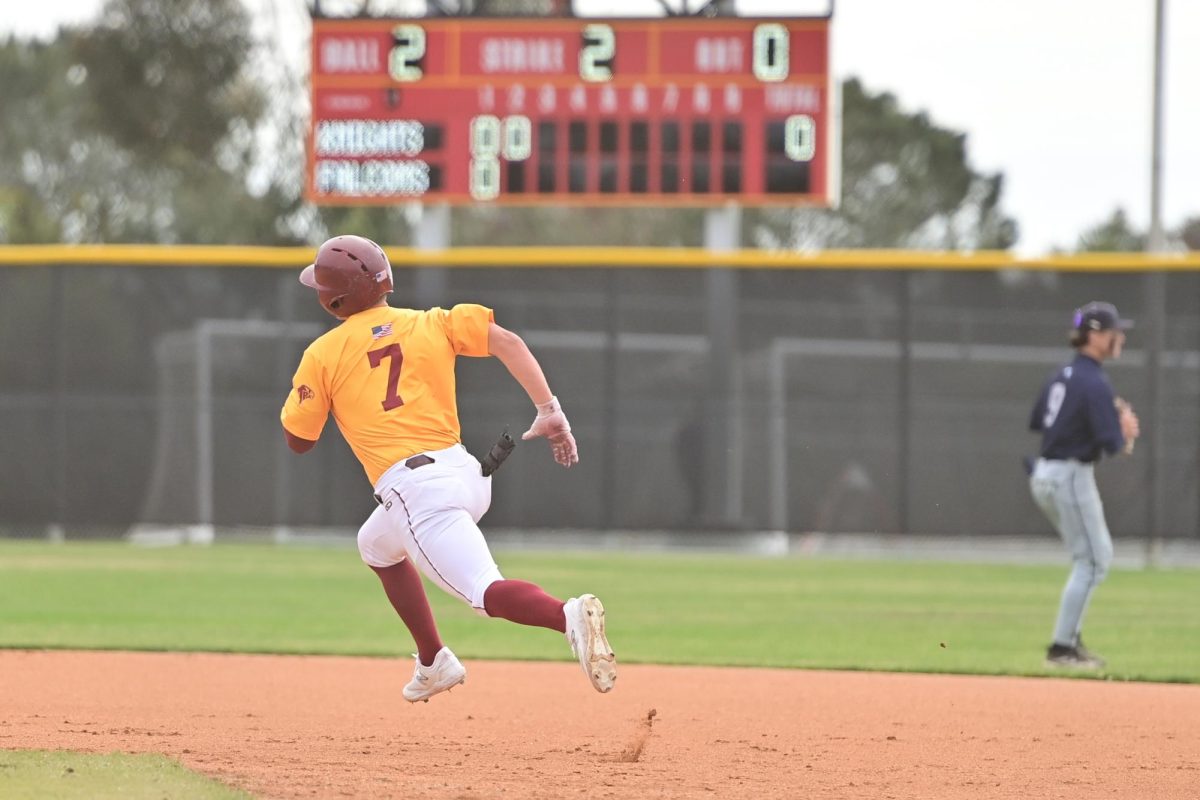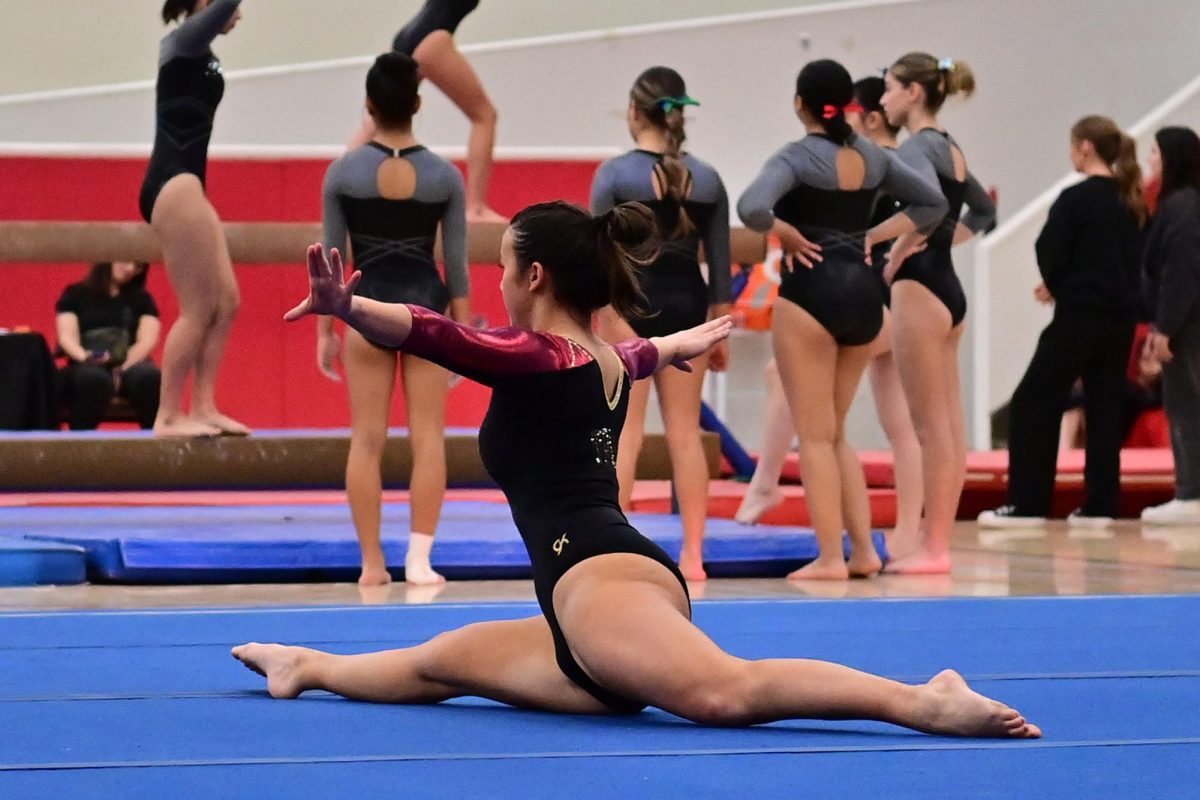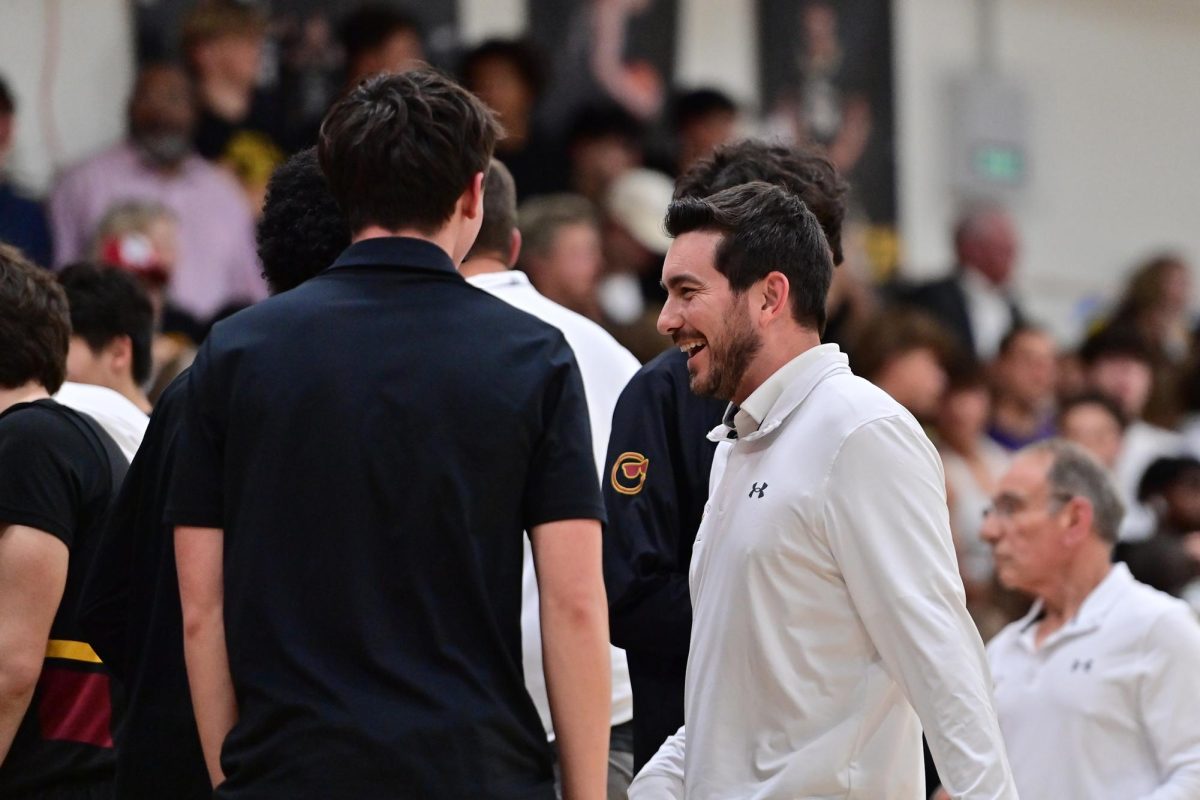In professional sports, the focus on physical performance often overshadows how athletes maintain their mental health under immense stress, an understated yet crucial aspect of their overall well-being. For many athletes, the pressures of competition, performance expectations and rigorous training can be overwhelming, leading to a silent struggle behind the scenes.
However, in recent years, there has been a growing recognition of the importance of mental health in sports, exemplified by Simone Biles’ withdrawal from the Tokyo Olympics which has garnered support for athlete mental health. Many athletes struggle with the stigma of expressing their mental health challenges, fearing they may be seen as weak or less competitive by their teammates and coaches. At TPHS, students, staff and clubs have been working together to address these challenges.
Maya Washington (10), ASB athletics commissioner and varsity soccer player, founded the Falcon Female Athletes club her freshman year to create a community of girls who supported each other, on and off the field. Like many other athletes, Washington faced the pressure of not letting her team down.
“I was nervous for my first high school game because I was a freshman on the varsity team,” Washington said. “I was working really hard to prove myself, but I got to know the girls on the team really well, and [they were] all super sweet. I was leaning on them, and they were hyping me up … and I feel like a great way to reduce that stigma is being with your teammates, allowing them to support you.”
Another club on campus that creates a community for athletes is Morgan’s Message, an organization with a goal of, “stopping the stigma surrounding mental health in student-athletes,” according to the chapter’s Instagram page.
According to Audrey Davidson (12), president of Morgan’s Message and flag football and lacrosse player, the club “[promotes] the importance of athletes having good mental health and practicing strong mental health abilities because there are times that sports can get very stressful and overwhelming.”
While the community can help bring awareness to these problems, coaches play a vital role in athletes’ mental health by being the ones who help to motivate and give support to their teams.
Pamela Kalinoski, the girls varsity soccer assistant coach and the head JV coach for the girls flag football team, has witnessed the range of struggles that student athletes face. Accordingly, Kalinoski alongside her business partner started a company called Mindset Sports, which designed curriculums for soccer clubs and individual teams to help meet the needs of both the groups and individuals.
“There is an overriding assumption that athletes are tough, resilient, strong, unwavering in their pursuit, unbreakable and fearless,” Kalinoski said. “We, as coaches especially, need to help break down the barriers and bring it all out in the open.”
In order to combat challenges that Kalinoski has observed including issues related to body image, gender comparisons, and the pressure to succeed, Kalinoski emphasized the importance of self-awareness, promoting a positive self-image and building a strong support network. Kalinoski also said that stigmas can significantly impact an athlete’s mental preparation, leading to issues like low self-esteem, increased stress, distraction, and even burnout.
To avoid this, athletes can cope in a variety of ways, one way being listening to music.
“What really helps is listening to music, so I listen to music to set my intensity for the game and get into the right headspace,” Washington said.
Athletes can also take a more active approach to calming their nerves.
Chelsea Roffey (12), president of the crochet club, plays for the girls golf team and practices Tang Soo Do, a style of Korean martial arts.
“Crocheting really helps me relieve stress because it requires me to focus on what is in front of me instead of whatever I’m stressing about in the future,” Roffey said.
Regardless of how athletes approach stress management individually, it is critical to combine these strategies with a unified approach to mental health support.
“My hope is that at every level of sport, [regardless of] gender, we can work together to create a culture that prioritizes mental well-being and removes any fear of judgment when an athlete asks for help,” Kalinoski said.
Overall, there are many potential benefits to prioritizing the mental health of athletes in the long run.
“Sports are there to bring people together and having this stress and letting the stigma control you is the opposite of what the sport was,” Washington said.









